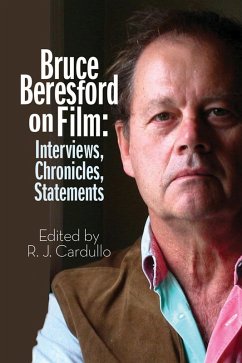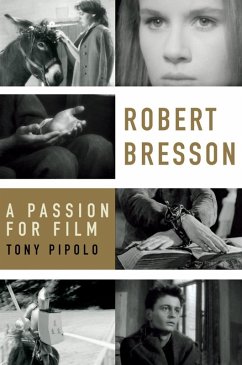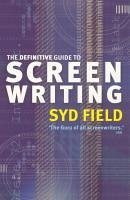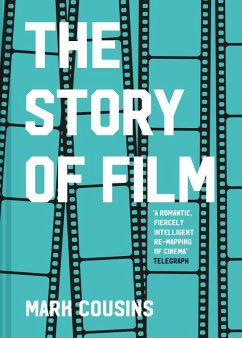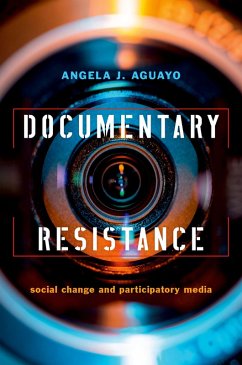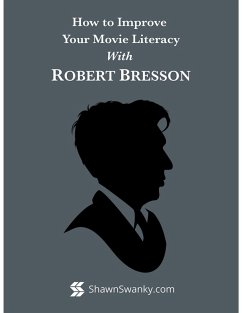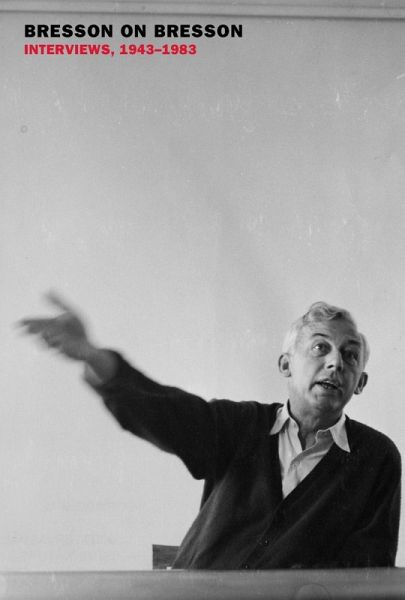
Bresson on Bresson: Interviews, 1943-1983 (eBook, ePUB)

PAYBACK Punkte
7 °P sammeln!
Robert Bresson, the director of such cinematic master-pieces as Pickpocket, A Man Escaped Mouchette, and L'Argent, was one of the most influential directors in the history of French film, as well as one of the most stubbornly individual: He insisted on the use of nonprofessional actors; he shunned the "advances" of Cinerama and Cinema-Scope (and the work of most of his predecessors and peers); and he minced no words about the damaging influence of capitalism and the studio system on the still-developing-in his view-art of film. Bresson on Bresson collects the most significant interviews that B...
Robert Bresson, the director of such cinematic master-pieces as Pickpocket, A Man Escaped Mouchette, and L'Argent, was one of the most influential directors in the history of French film, as well as one of the most stubbornly individual: He insisted on the use of nonprofessional actors; he shunned the "advances" of Cinerama and Cinema-Scope (and the work of most of his predecessors and peers); and he minced no words about the damaging influence of capitalism and the studio system on the still-developing-in his view-art of film. Bresson on Bresson collects the most significant interviews that Bresson gave (carefully editing them before they were released) over the course of his forty-year career to reveal both the internal consistency and the consistently exploratory character of his body of work. Successive chapters are dedicated to each of his fourteen films, as well as to the question of literary adaptation, the nature of the sound track, and to Bresson's one book, the great aphoristic treatise Notes on the Cinematograph. Throughout, his close and careful consideration of his own films and of the art of film is punctuated by such telling mantras as "Sound...invented silence in cinema," "It's the film that...gives life to the characters-not the characters that give life to the film," and (echoing the Bible) "Every idle word shall be counted." Bresson's integrity and originality earned him the admiration of younger directors from Jean-Luc Godard and Jacques Rivette to Olivier Assayas. And though Bresson's movies are marked everywhere by an air of intense deliberation, these interviews show that they were no less inspired by a near-religious belief in the value of intuition, not only that of the creator but that of the audience, which he claims to deeply respect: "It's always ready to feel before it understands. And that's how it should be.
Dieser Download kann aus rechtlichen Gründen nur mit Rechnungsadresse in A, B, BG, CY, CZ, D, DK, EW, E, FIN, F, GR, HR, H, IRL, I, LT, L, LR, M, NL, PL, P, R, S, SLO, SK ausgeliefert werden.




